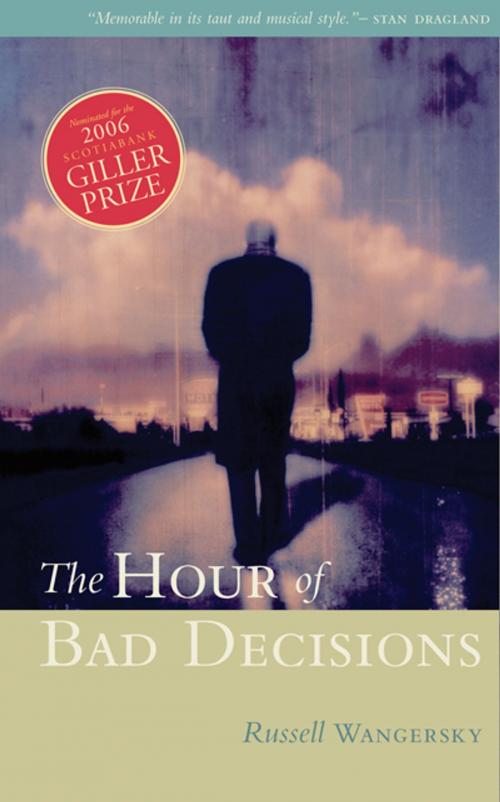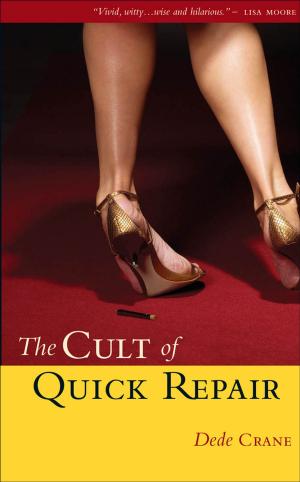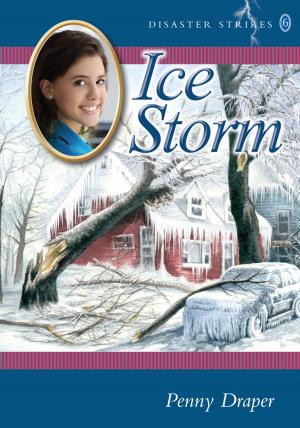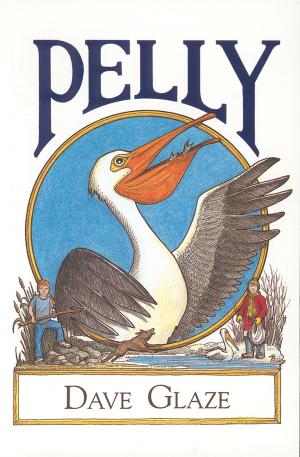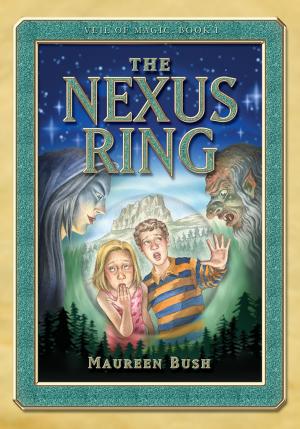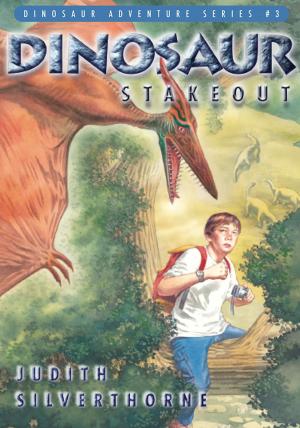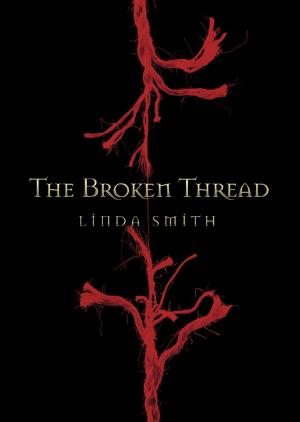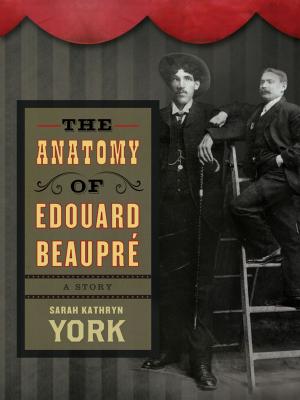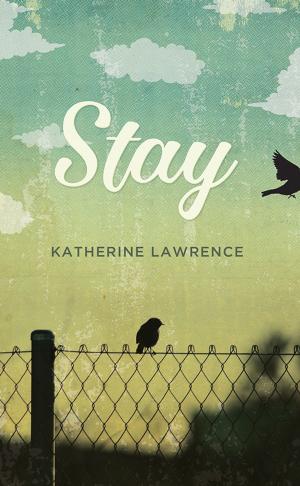| Author: | Russell Wangersky | ISBN: | 9781550504194 |
| Publisher: | Coteau Books | Publication: | July 1, 2011 |
| Imprint: | Coteau Books | Language: | English |
| Author: | Russell Wangersky |
| ISBN: | 9781550504194 |
| Publisher: | Coteau Books |
| Publication: | July 1, 2011 |
| Imprint: | Coteau Books |
| Language: | English |
This first short fiction collection by a prominent Canadian journalist paints vivid word pictures of the world and on these canvasses superimposes people in all their human imperfections. Russell Wangersky’s characters, caught in a variety of human circumstances, make some outstandingly bad decisions. A labourer enjoys new-found popularity among his co-workers after losing several fingers in a work accident. So, in the face of returning invisibility, he makes a desperate decision. An elderly shut-in chooses to believe the lies of her own life and the world view she absorbs from talk radio. And finds the scapegoats that both those distortions of reality require. In these stories, some people seem to escape the consequences of their bad decisions, some people wind up being redeemed, and some are left to fates the reader can only imagine. In these stories, some people seem to escape the consequences of their bad decisions, some people wind up being redeemed, and some are left to fates the reader can only imagine. That we are capable of making decisions, doing more than acting instinctually, marks us as human among the living creatures of this world. Thus, Wangersky reminds us, even bad decisions can be cause for celebration, of what it means to be human.
This first short fiction collection by a prominent Canadian journalist paints vivid word pictures of the world and on these canvasses superimposes people in all their human imperfections. Russell Wangersky’s characters, caught in a variety of human circumstances, make some outstandingly bad decisions. A labourer enjoys new-found popularity among his co-workers after losing several fingers in a work accident. So, in the face of returning invisibility, he makes a desperate decision. An elderly shut-in chooses to believe the lies of her own life and the world view she absorbs from talk radio. And finds the scapegoats that both those distortions of reality require. In these stories, some people seem to escape the consequences of their bad decisions, some people wind up being redeemed, and some are left to fates the reader can only imagine. In these stories, some people seem to escape the consequences of their bad decisions, some people wind up being redeemed, and some are left to fates the reader can only imagine. That we are capable of making decisions, doing more than acting instinctually, marks us as human among the living creatures of this world. Thus, Wangersky reminds us, even bad decisions can be cause for celebration, of what it means to be human.
